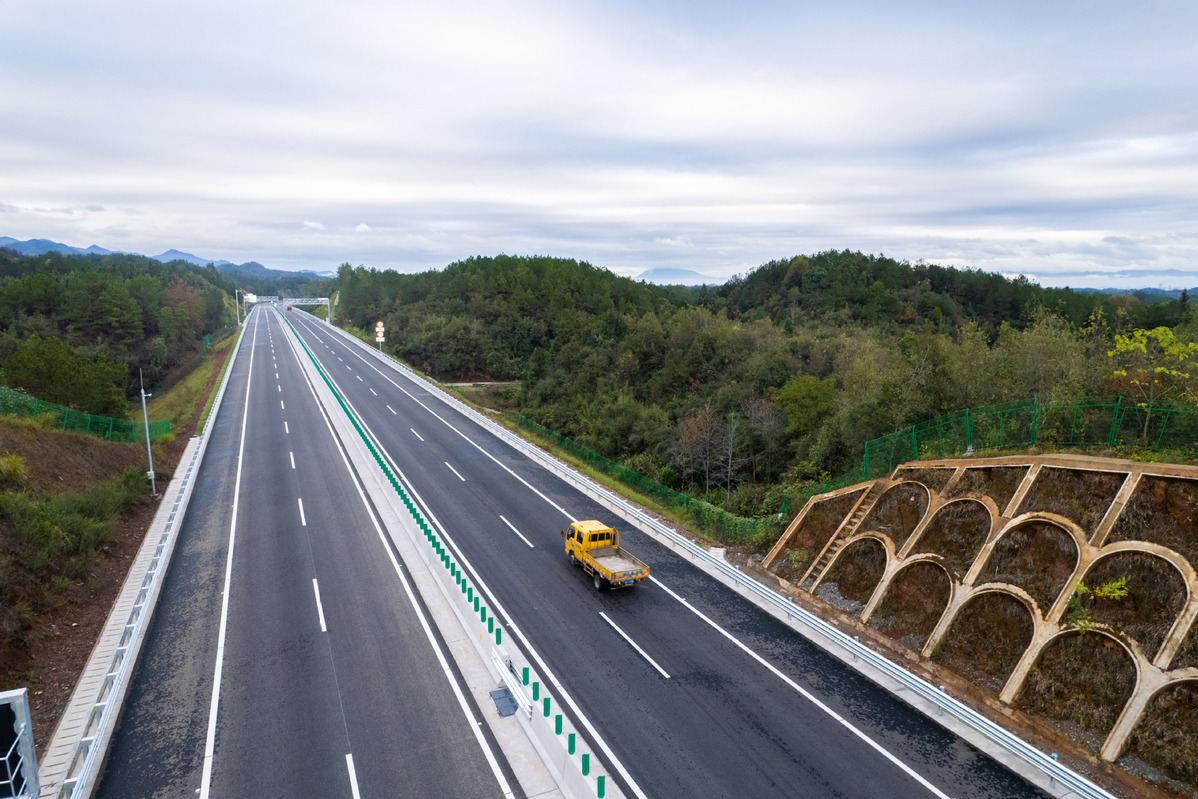Toll on highway shouldn't toll government credibility


A toll station in Suqian, Jiangsu province, that was recently built on the G205 national highway that connects the city with Huaibei in neighboring Anhui province, was put into operation recently after obtaining the necessary approvals from higher authorities.
The news has raised the eyebrows of many as national highways, unlike expressways, are supposed to be free to use. If all local governments that are facing debt pressure follow suit and introduce tolls on sections of national highways in their respective jurisdictions, the already high transportation costs will become much higher. Tens of thousands of new tollgates will be built across the country, which will increase the overall operating costs of the national economy.
As a matter of fact, with the economy under marked downward pressure, at least 10 national highway toll stations, aside from the aforementioned toll station in Suqian, have been built and started collecting money over the past two years, in Anhui, Gansu, Hubei, Jilin and Shanxi provinces. It is the provincial government that determines whether to approve municipal governments' applications for road and bridge tolls. Since the city governments are the main source of revenue for the provincial government, there is no reason why the latter would not give a green light to their applications, even if the practice goes against the central authorities' directives that all should be done to lower transportation costs.
The national highway system is a public good. Automobile owners already pay various kinds of taxes on purchasing their vehicles, as well as those they pay each time they refuel or charge their vehicles, and the mandatory liability insurance for traffic accidents every year. Not to mention the fact that the majority of construction, maintenance and operating costs of the national highway system are supposedly covered by the central government.
The deliberating and approval process of these toll stations by different provincial authorities remains opaque. They are obligated to respond to the public's concerns and disclose the legal basis, necessity and rationality of their decisions, making sure the whole process complies with the law and rules regarding administrative affairs.
The financial difficulty of local governments is by no means an excuse for them to casually open new sources of revenues, seeking profits from basic public goods and services of the State. Relevant government watchdogs, lawmakers and political advisory bodies of the central authorities should fulfill their responsibilities to guarantee this wave of local government tolls are legal, fair and transparent.

































